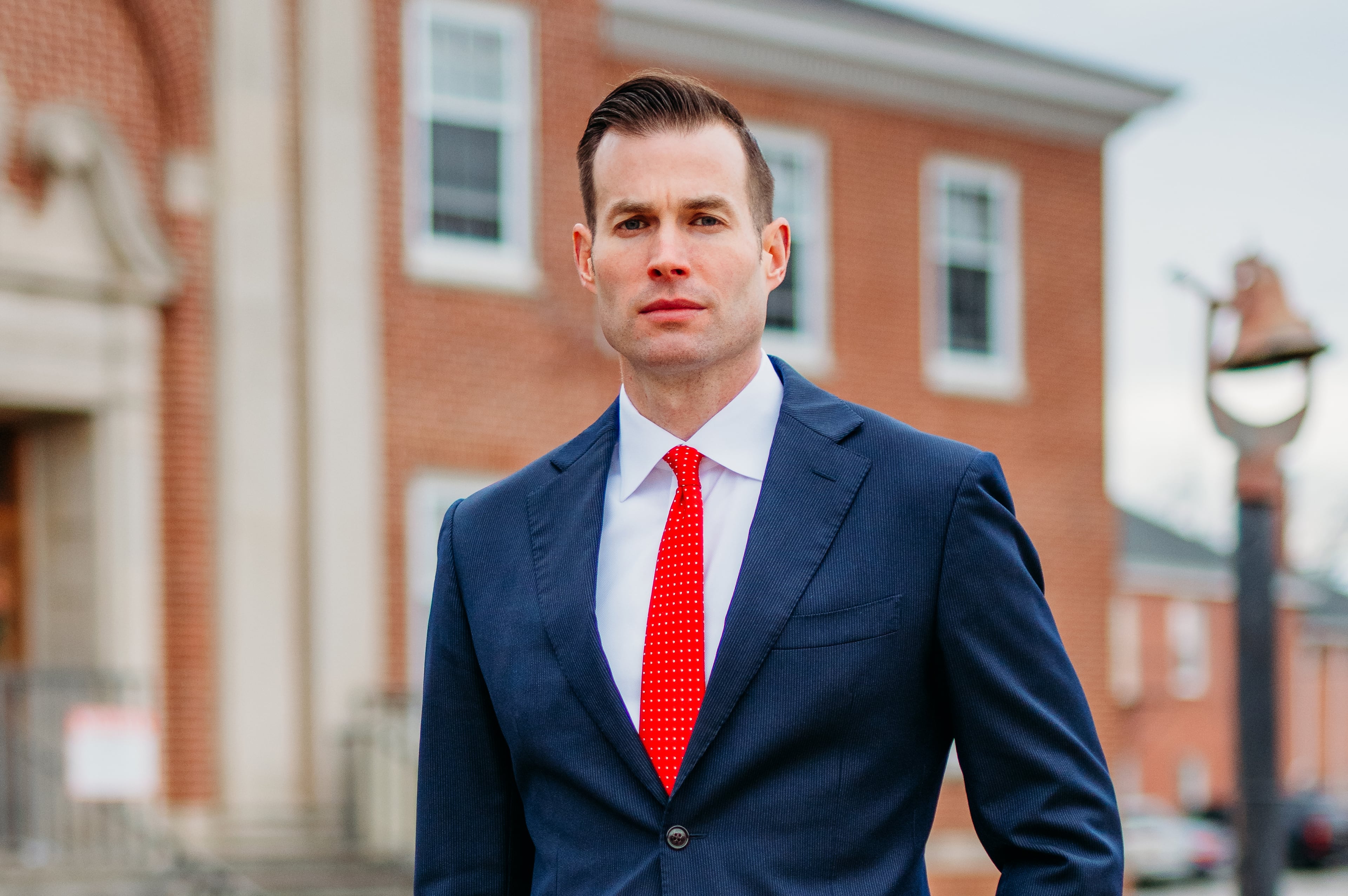State rural lending program back for another try despite mixed reviews

A poor state audit and the head of the Senate’s tax committee calling it a “bad investment scheme” haven’t discouraged backers of a $60 million rural tax credit program that will likely be up for a vote Monday in the state House.
Monday is the deadline for bills to pass at least one chamber of the General Assembly.
The Georgia Agribusiness and Rural Jobs Act, has been around in one form or another at the Capitol for more than a decade, but it took a while to become law. Finally adopted in 2017, it is designed to use tax dollars and private capital to spur business investment in struggling areas of the state.
It is back before the General Assembly this session as House Bill 413 for a five-year renewal.
Critics say it is wasteful, inefficient and lacks proper oversight.
Their case was bolstered by a state audit released in December 2021 that found the program doesn’t come close to paying for itself and had cost taxpayers some $56 million at that point. It would take the state 72 years to break even, the report concluded.
Meanwhile, the participating venture capital firms collected more than $2 million in fees in addition to the tens of millions in tax credits, according to data from the Georgia Department of Community Affairs.
Crossover Day 2023
- Live: Bill tracker
- Georgia Senate passes bill to limit treatment for transgender youth
- Republicans demand oversight of prosecutors amid Trump probe
- Georgia Senate votes to widen access to private school vouchers
- Georgia House approves bill to break medical marijuana logjam
- House backs charging sales tax on book, video game downloads
- Photos: Crossover Day scenes
- Complete coverage: Georgia Legislature
The venture capital funds say the state tax incentives are necessary to make the investments in rural companies attractive, and they called the state audit flawed.
All told, the program has loaned $100 million to businesses in rural Georgia. That includes $60 million in state tax credits as well as $40 million in privately raised funds.
Five out-of-state investment firms share the tax credits. To help neutralize criticism and build support, the firms have long hired some of the state’s most influential lobbyists to sell the plan.

The audit said the program directly or indirectly created or retained 290 to 415 jobs at a cost to the state of $60 million.
Rep. Noel WIlliams, R-Cordele, sponsor of this year’s bill to renew the program, told colleagues in the House Ways and Means Committee last week that it was responsible for creating or retaining 2,300 jobs.
Its supporters say the program is a crucial tool in lifting the state’s struggling rural communities by providing capital to small businesses. Williams called it “a vital lifeline for communities across this state.”

While representatives of the capital companies and their lobbyists testified before the Ways and Means Committee, so did a few businesses that have benefited from the money. Some of the recipients are hoping to get another round of investment.
Matt Calamari of Impact Housing said $1.5 million from the program was used as startup capital for a modular building manufacturing business in Baxley that has gone from 10 to up to 115 employees — depending on the month. He said the average wage is about $20 an hour.
But Rep, Chuck Martin, R-Alpharetta, a member of the committee, said much of the money the program spends ultimately goes back to the five capital companies.

“Right off hand, you are getting a 100% return,” Martin told a company official during a hearing on the bill. “You get the state money and company money back.
“It would be better for the state to get in that business ... and let the state get the money back.”
According to DCA data, the venture capital funds have reaped millions off the program, generating interest off the loans with rates up to 9% while also receiving the principal payments. They also generated more than $2 million in fees off the money loaned.
The programs have drawn detractors outside of Georgia. Similar programs have operated in at least nine states and the District of Columbia. But only a few, including Georgia’s, remain.
Still, it is a very popular program in the Georgia House and among rural lawmakers looking for something to spur economic growth in their parts of the state. House Ways and Means Chairman Shaw Blackmon, R-Bonaire, has been a consistent backer, saying the state has to try something.
The Senate has been a tougher nut to crack for backers. Senate Finance Chairman Chuck Hufstetler, R-Rome, has called it a “bad investment scheme” that makes money for a few national capital companies. Senate Appropriations Chairman Blake Tillery, R-Vidalia, has also raised questions about whether the program is a good investment for the state.
It only narrowly passed the Senate in 2017 in the waning minutes of the session, when bills were flying through the chamber, and Hufstetler almost scuttled it.
When asked about its chance of passing, Blackmon said he wasn’t sure it would make it this year. But the House and the program’s supporters are working the Capitol halls hard, trying to get it renewed.
If it passes the House on Monday, as expected, its next stop is Hufstetler’s committee.



